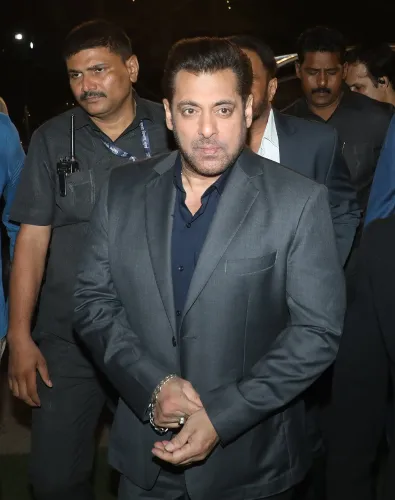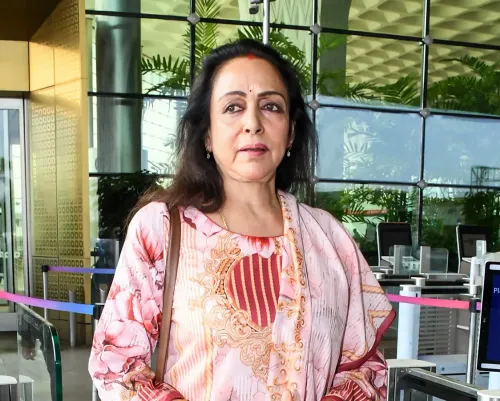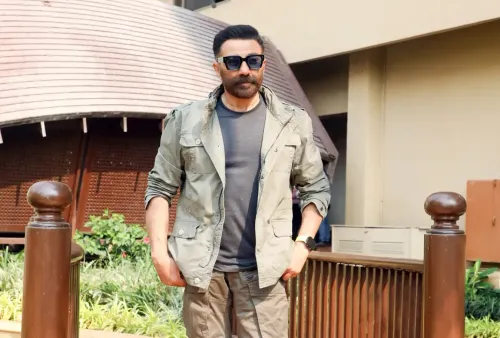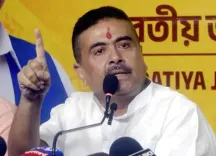Patrick Graham Unveils ‘The Dupatta Killer’ Highlighting Women's Issues Beyond Marriage Age
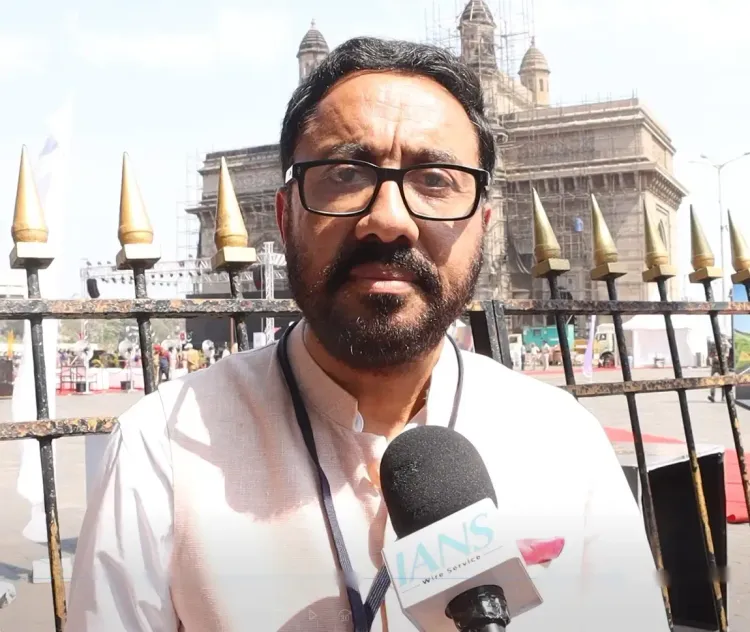
Synopsis
Key Takeaways
- Focus on women's issues beyond marriageable age.
- Highlighting vulnerabilities faced by marginalized women.
- Importance of accurate storytelling in true crime narratives.
- Critique of the justice system regarding serial killers.
- Commendation of police efforts in securing convictions.
Mumbai, March 21 (NationPress) Filmmaker Patrick Graham has introduced his highly awaited docu-series “The Dupatta Killer,” which explores the challenges encountered by women who are beyond the traditional marriageable age in India.
In a recent interview with IANS, Graham underscored critical societal challenges affecting these women, especially their precarious position in a culture that frequently sidelines them. He noted that women who remain unmarried, exceed the typical marriageable age, and lack formal education or skills are often neglected by society, finding themselves with minimal support or opportunities.
Patrick shared, “Yes, but there were significant societal issues at play in this case, particularly around the treatment of women. In Goa and across India, there are women who have been marginalized—those who are above marriageable age, unmarried, and without much formal education or skills. These women are incredibly vulnerable, and I felt that shedding light on their plight was important. Additionally, the case raised questions about the justice system: Can someone like Mahanan Naik be rehabilitated, and should they be allowed out after serving their sentence?”
When asked about portraying the unsettling reality of a serial killer narrative without sensationalism, Patrick Graham remarked, “It was definitely a challenging process. The key to portraying something as disturbing as a serial killer's story is to stay grounded in the facts. I always strive for accuracy and aim to present the reality of the situation, no matter how grim it may be, without exploiting it for shock value.”
When inquired if he believes the system has failed in similar circumstances, Patrick Graham acknowledged that, in numerous instances, the system has indeed fallen short, particularly in its response to the issues faced by marginalized women.
“I think it's important to commend the police team that worked on this case in the late 2000s. They did an excellent job, especially in securing convictions that held up in the high court. However, there was a failure in the mid-'90s when an earlier investigation didn’t thoroughly pursue Mahanan Naik. If they had, 15 lives could have been saved. Convicting a serial killer is incredibly challenging, as there’s rarely a clear motive or physical evidence, just circumstantial evidence and hesitant witnesses. But the recent police efforts were effective, and ultimately, they were able to bring him to justice,” Patrick explained.
‘Dupatta Killer’ to explore the gripping tale of Goa's most notorious serial killer.
“Dupatta Killer,” which delves deep into the haunting story of Mahanand Naik, Goa’s most infamous serial killer, premiered on DocuBay on March 21.

